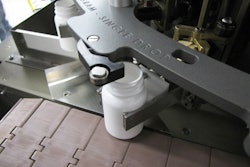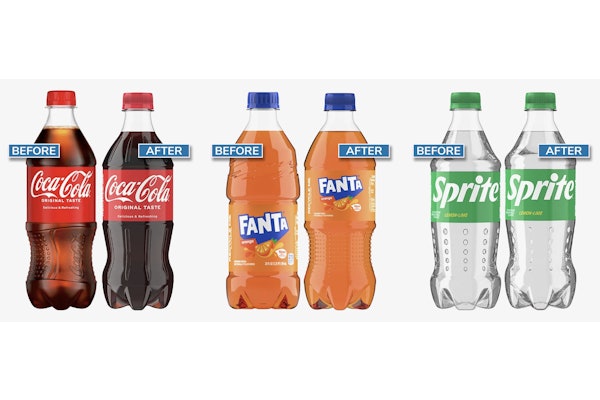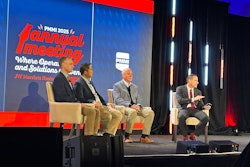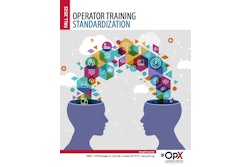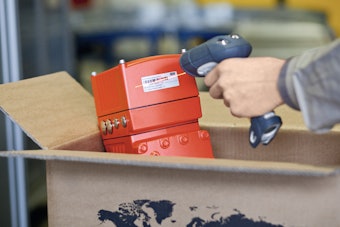
Fact: packaging has arrived as a recognized source of competitive advantage. Fact: the degree to which packaging’s potential will continue to be fulfilled depends on quality management. Lest one dismisses the second fact as obvious, a few observations are in order. Whereas some corporate disciplines—legal, engineering, accounting, finance—are typically managed by someone educated and trained in that discipline, this is less frequently the case with packaging. The demand for professionals with degrees in packaging exceeds the supply cranked out by the various institutions; however, some of the shortfall, training-wise, is taken up by educational offerings from various membership organizations.
No need to get too fundamental about what a manager does; therefore, keeping it in the most general of terms, managers get things done through others. More deserving of detailed discussion is the required skill set. There are headhunter firms that specialize in packaging and their typical managerial job postings don’t differ much from those of other disciplines. They state educational and experience requirements and round out the posting with an itemization of specific skills.
One thing that’s always listed is good communication skills, both verbal and written. Good communication skills are indispensible to the management of packaging owing to packaging’s interdisciplinary nature; however, what constitutes good communication skills should not be defined too narrowly. It’s not just about how to communicate but equally about what to communicate.
Topping the list of what to communicate is the manager’s philosophy about packaging, that is to say, what it is, what it can do, what it can’t do. A manager who does not communicate (the more formal the channel the better) a philosophy is vulnerable to the misconceptions of others within the company. That can be quite the problem, again, owing to packaging’s interdisciplinary nature. That the various disciplines will place conflicting expectations on packaging is unavoidable, but that’s not the same as placing expectations that are not within packaging’s bailiwick.
An example is newly-installed brand managers who commission changes in the packaging (commonly, the graphics) as a quick way to inject vitality. But if the brand’s performance problems aren’t packaging related, the solutions aren’t going to be packaging related; after all, Viagra and vitamins both provide pep, but they aren’t substitutes for each other. When the disappointing results inevitably come, packaging gets the blame. It’s not as much a case of scapegoating on the part of the brand manager as it is a case of failed communications on the part of the packaging manager for not having conveyed the capabilities and limitations of packaging.
Another example is when gimmickry is mistaken for innovation. Admittedly, the lines of demarcation can be blurry; however, no matter how subjective the call, the one that ultimately matters is made by the marketplace. Consumers dislike gimmickry and distrust companies that repeatedly rely on them. With that in mind, it’s difficult to conceive how some launches (names withheld to protect the guilty) ever saw the light of day. Were packaging managers not knowledgeable enough to question the expenditure of resources? Or did they not communicate whatever reservations they had because they believed that to do so might be regarded as encroachment? They might as well speak their minds; for what’s at stake is the prestige of the brand, sure, but also that of packaging as a discipline. Further underscoring that point, some companies have a policy of not hiring packaging professionals (managers and non-managers) from companies that have a reputation for gimmickry.
But although a packaging manager needs to effectively communicate with the other disciplines in the company, it’s of modest value if communications within the packaging department are wanting. If managers are to get things done through others, managers must delegate, and that requires communication. Much of the work in packaging is done on a project basis, and it’s a good idea to have the framework set forth in policies and procedures. Even so, within that framework, a manager has to make assignments regarding who’s to do what and by when. Given the many cross-currents and deadlines that categorize project work, assignments should not be communicated informally or in passing, so that people aren’t reduced to having to rely on undocumented recall.
A packaging manager should guard against being too hands-on. That characteristic is sometimes seen in a person who had been working in the packaging department prior to being promoted to manager. Demonstrated technical expertise does not always translate into managerial expertise and it’s tempting for a manager to spend time doing what’s comfortable. It’s a communication issue because subordinates might think that the manager is conveying a lack of confidence in them. Separate from the confidence issue, subordinates might think that their individual development is infringed upon when their manager is too hands-on.
And ever since sustainability swept in, packaging managers have had to be concerned with communications aimed at the public-at-large. Companies present their sustainability claims in annual reports, on websites, in press releases, etc. Inevitably, some of those pronouncements will mention packaging, and it’s not unreasonable to expect the packaging manager to provide input that’s factual and that can be defended against allegations of greenwashing or other liberties with the truth.
In summary, it should go without saying that there’s much more to say about what a packaging manager should say. But suffice it to say that enough has been said—at least for now. Whether one is a packaging manager, aspires to be, or simply wants to work more effectively under one, know this: talk is cheap but only the well-devised variety; otherwise, talk can be quite costly.
Sterling Anthony is a consultant, specializing in the strategic use of marketing, logistics, and packaging. His contact information is: 100 Renaissance Center- P.O. Box 43176; Detroit, MI 48243; 313-531-1875 office; 313-531-1972 fax; [email protected]; www.pkgconsultant.com





